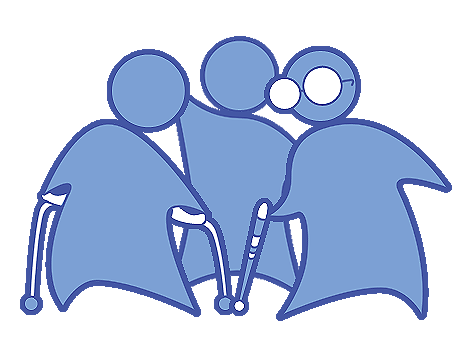The Mission of the Vermont Developmental Disabilities Council is to help build connections and supports that bring people with developmental disabilities and their families into the heart of Vermont communities.
 We believe that...
We believe that...
- With opportunities, people grow and share their talents.
- Communities are stronger when everyone has a voice.
- The humanity that we share is more important than our differences.
What is a Developmental Disability?
Under federal law, a developmental disability is defined as “a severe, often lifelong disability that affects people before they reach age 22 and substantially limits functioning ability in three or more life activities such as self-care, receptive and expressive language, learning, mobility, self-direction, independent living, and employability.”
An individual from birth to age nine who has a substantial developmental delay or specific congenital or acquired condition, may be considered to have a developmental disability without meeting three or more of these criteria if the individual, without services and supports, has a high probability of meeting those criteria later in life.
VTDDC’s mission includes any Vermonter who experiences a developmental disability that meets this description, and their family members, regardless of whether or not they receive certain types of services and supports.



